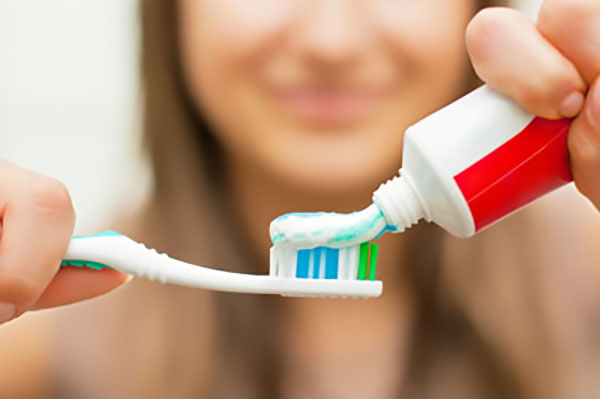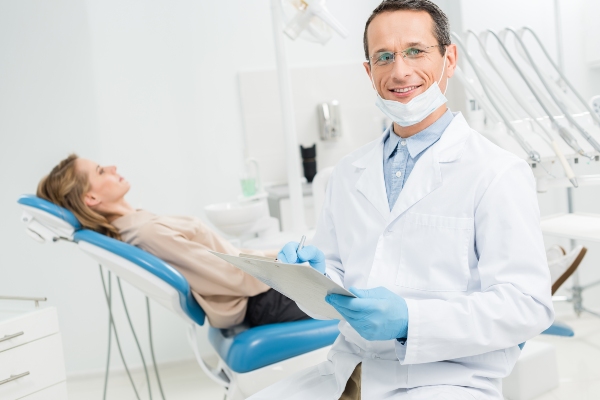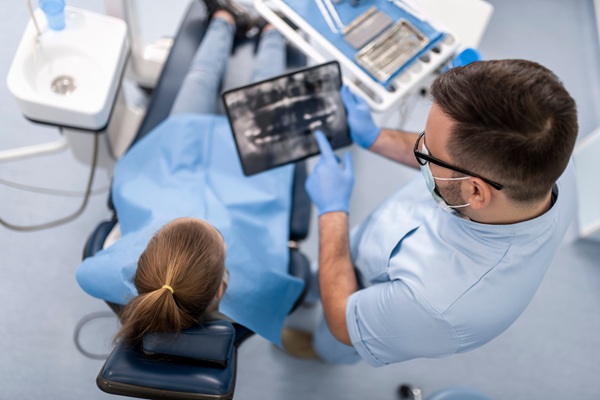Removing the Bacteria Beneath Tartar for Oral Hygiene

Wondering how to remove oral bacteria so you can have better oral hygiene? It really is a good idea for you to do everything possible to support your good oral health. When you take good care of your teeth and gums, you will not have to think about and choose one or more of the many dental treatments available that are specifically used to improve oral health. You simply get to enjoy all of the benefits that come with having a healthy mouth. When your mouth is healthy, it is also very likely that your overall general health is in good shape, too.
The effects of bacteria on teeth
A mouth is an ideal place for bacteria to live as they thrive in moist, dark environments. Bacteria also feed off of sugars, which means that those who consume sugar frequently will often need to provide themselves with additional oral care in order to avoid any dental problems related to bacteria. When bacteria are not removed in a timely manner, they will begin to stick to the teeth, creating a sticky substance known as bacterial plaque. This bacterial plaque will sooner or later turn into tartar and will cause tooth decay and can even lead to a gum disease diagnosis.
According to the American Dental Association, plaque stickiness makes the acids from foods and drinks stick to the teeth’s surface, which gives the bacteria time to break down the tooth’s enamel. This is why many dentists recommend that their patients brush their teeth after every time they eat, as the teeth begin to become vulnerable within 20 minutes after consuming food.
Removing bacteria from the mouth
When bacterial plaque is not removed in a timely manner it will turn into tartar, also known as calculus, which is much harder to remove from the teeth. If tartar is allowed to build up on the teeth, it gives bacteria a place to live. And if tartar is not removed promptly, it will then turn into gingivitis, the first of two stages of gum disease. So what is the ideal way to remove the bacteria beneath tartar? Brush correctly using a fluoridated or tartar-control toothpaste within half an hour after eating, floss often and get a professional tooth cleaning at least once a year.
Need to make a dental appointment?
Need to make an appointment so you know exactly what your oral hygiene status is? The longer you wait to have your oral health checked by a dental professional, the worse any oral issues you currently have are going to be. It is much easier to treat new oral issues than it is for any issues that have been ongoing. We have a fantastic and caring team of dental professionals who can answer any of your oral hygiene questions, so please do not hesitate to contact us if you have a question you need answered. Talk to one of our dental health professionals today.
Are you looking for oral hygiene information in the Kennewick area? Get more oral hygiene information at https://www.gledhilldental.com.
Request an appointment here: https://www.gledhilldental.com or call Gledhill Dental at (509) 800-8410 for an appointment in our Kennewick office.
Check out what others are saying about our services on Yelp: Read our Yelp reviews.
Related Posts
Whether you have a cracked, chipped, or decayed tooth, a dental crown can restore it to its original shape. With proper care, these restorations can last about 15 years. The good news is that caring for crowns is straightforward, with most patients not needing to change their oral hygiene routine.Dental crowns are essentially caps that…
Full mouth reconstruction is a comprehensive dental treatment plan designed to restore a patient's smile to its optimal function, health, and appearance. It involves a combination of restorative and cosmetic procedures tailored to address various dental concerns, including missing teeth, severe decay, bite problems, and jaw misalignment. Understanding the steps involved in full mouth reconstruction…
Dental crowns may be the final touch after a root canal treatment. This therapy is your dentist’s effort to keep your teeth intact. It aims to remove the source of pain and infection. In some patients, extra tooth protection is necessary after a root canal. Here are the details about when dental crowns are necessary…
Dental crowns stand out among dental restorations as versatile and effective solutions for various oral health issues. A dental crown, or "cap," is designed to cover and encase a damaged or weakened tooth, restoring its strength, function, and appearance.Over the years, advancements in dental technology have led to the development of various types of dental…


